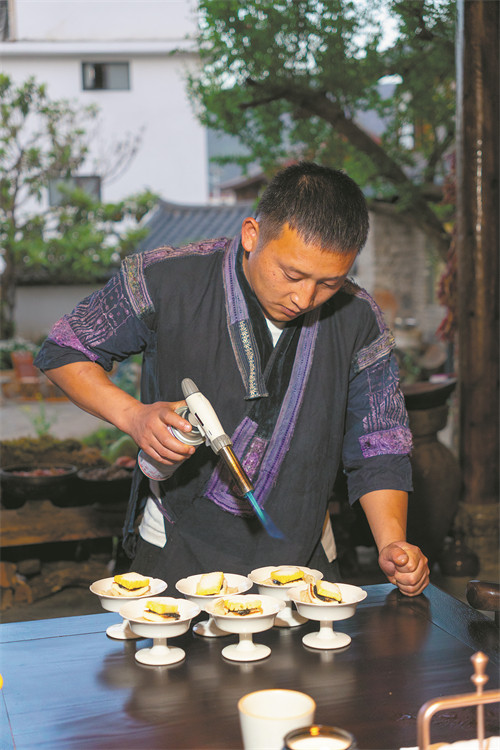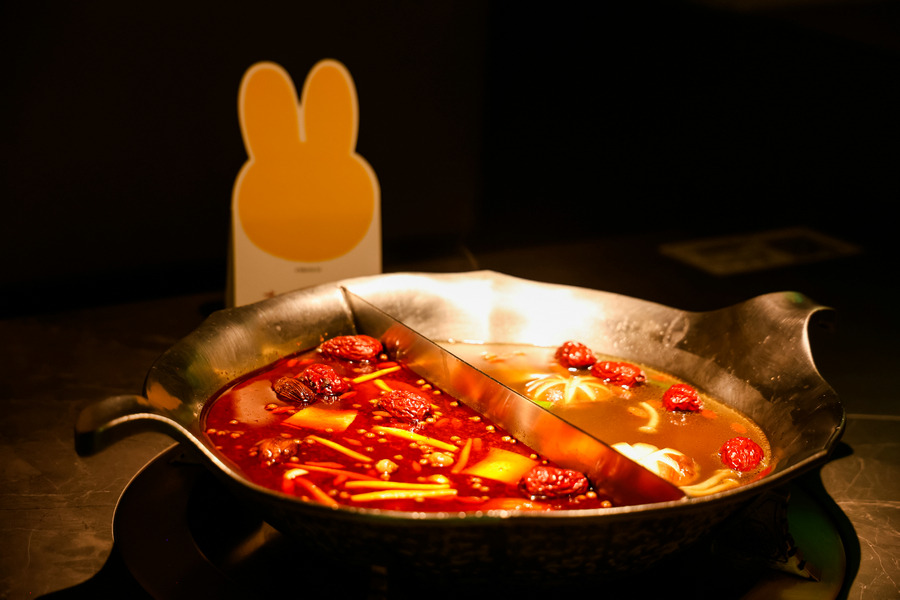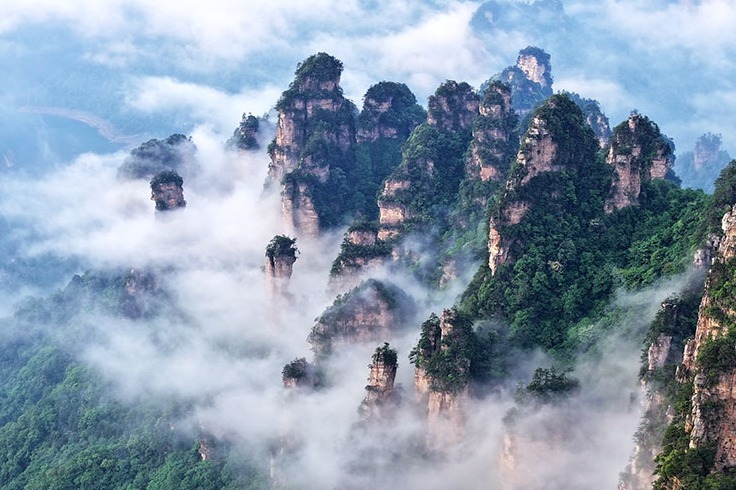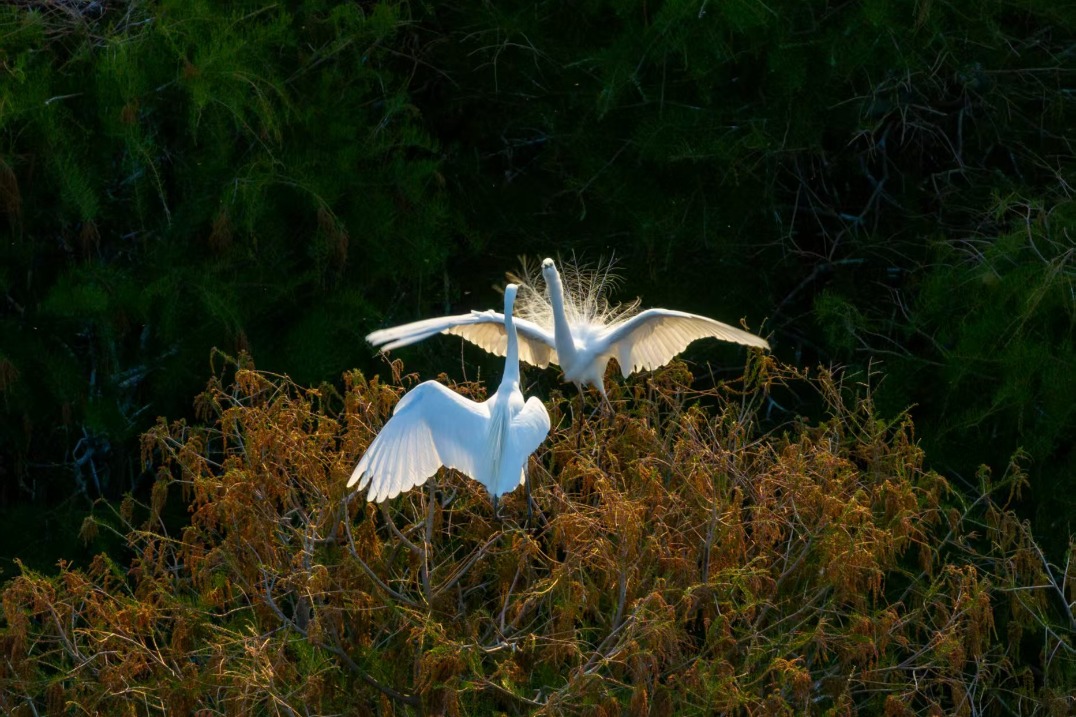Ancient heritage offers fascinating folks and food


Before heading to Lijiang in Yunnan province, I had long admired this little city nestled at the foot of snowcapped mountains. Photos and videos of its beautiful scenery left me in awe.
After a four-hour flight from Beijing to Lijiang, I finally stood in the city and, with a simple upward glance, caught a breathtaking view of snowy peaks against the contrast of blue sky and white clouds. They seemed so close as if they were just at the end of the street. At that moment, the true allure of Lijiang unfolded before me.
Early the next morning, I met up with He Zhao, a documentary filmmaker, at Zhongyi Market, which sells a treasure trove of local ingredients, fresh fruits and traditional copperware.
As we wandered through the stalls, Naxi ethnic women in traditional attire strolled along with baskets slung over their backs. The filmmaker suggested I try carrying a similar small bamboo basket.
"It's so convenient," he says. "You can just toss your purchases into the basket as you go."
The most intriguing thing in the market was the variety of wild vegetables — even a seasoned botanist might struggle to name them all. Even He, a Lijiang native, can't identify some of them.
"Many of the vegetables have medicinal properties and are good for your health," he assures me, adding that his family often cooks them at home.
As a photographer and director, He has spent years capturing the beauty and charm of this city and its people through his lens. I decided to follow him on this trip to meet some of Lijiang's fascinating people.
Our first stop was the ancient town where we met He Ronggui, the founder of the Caravan Museum. Like He Zhao, he is also of Naxi descent, and "He" is a prominent surname among the Naxi people.
He Ronggui, 53, and his father were both members of a caravan, spending their youth transporting tea along the Ancient Tea Horse Road in Yunnan. His museum displays a range of items related to the caravan's tea journey.
Due to the long and arduous journeys, caravan members would spend six months to several years on the road. He jokingly says that they were the ultimate outdoor adventurers. They had to master many outdoor survival skills, such as camp safety in the wild, identifying edible plants, and even evading mountain bandits and thieves.

































